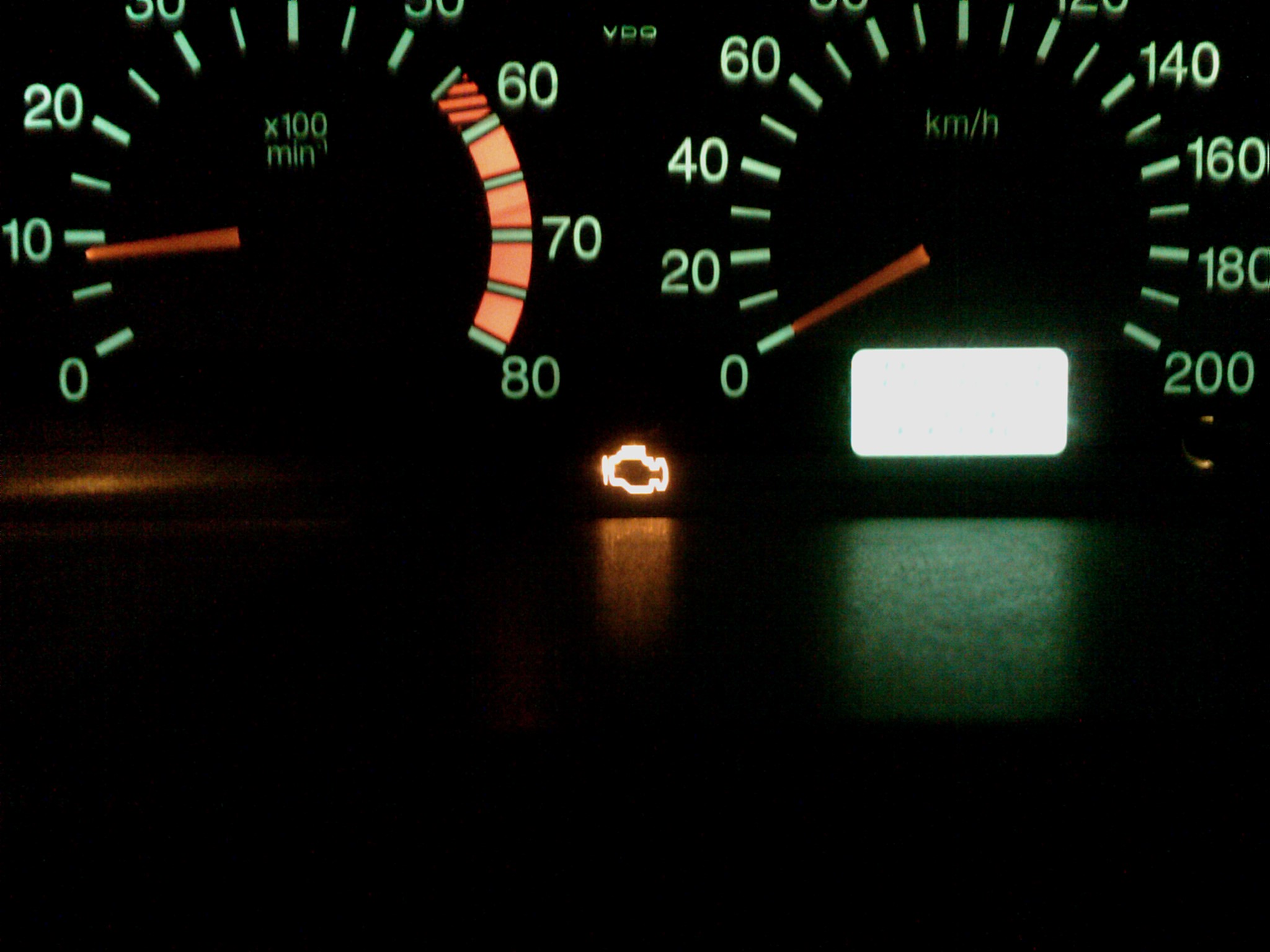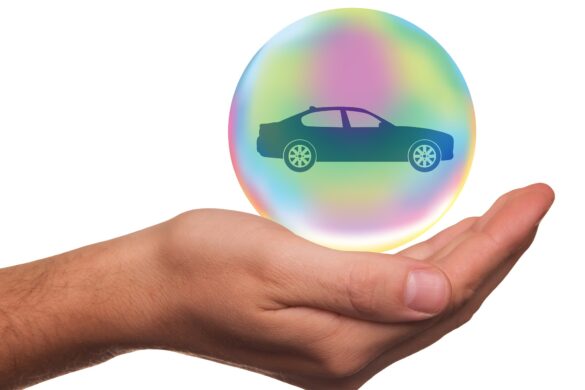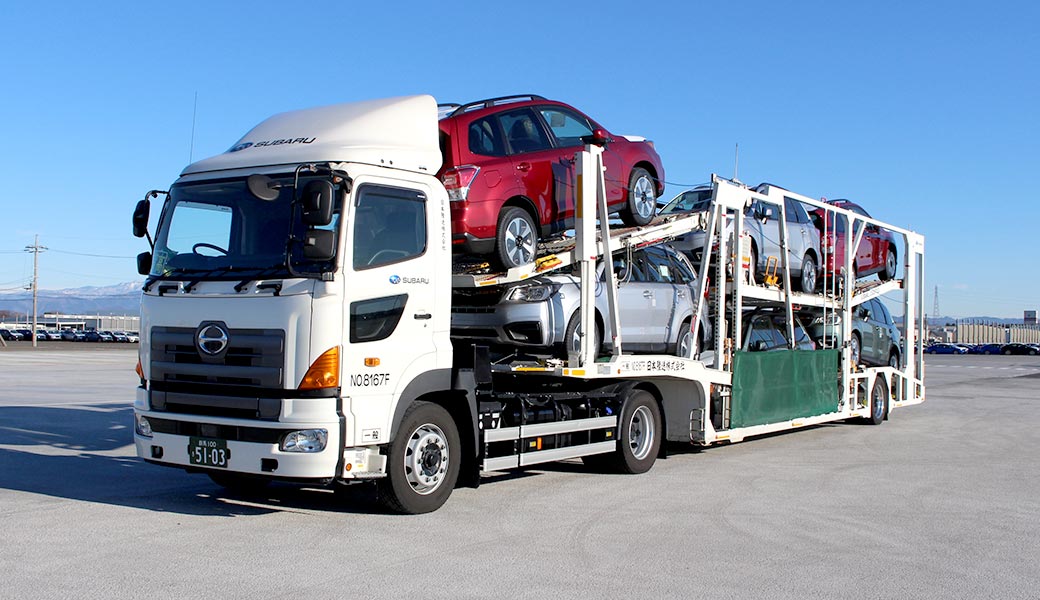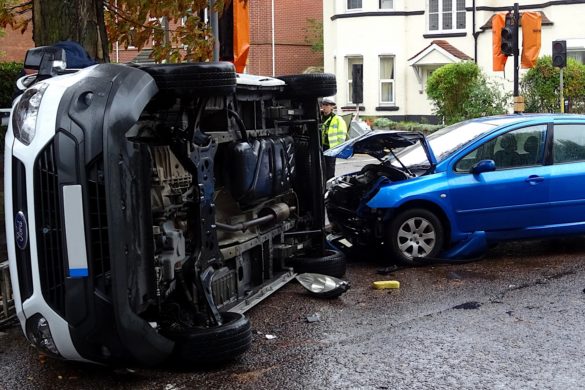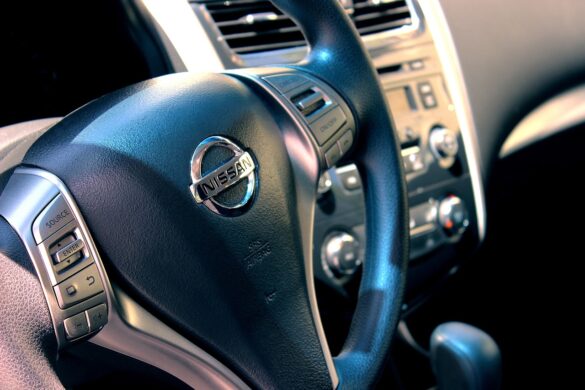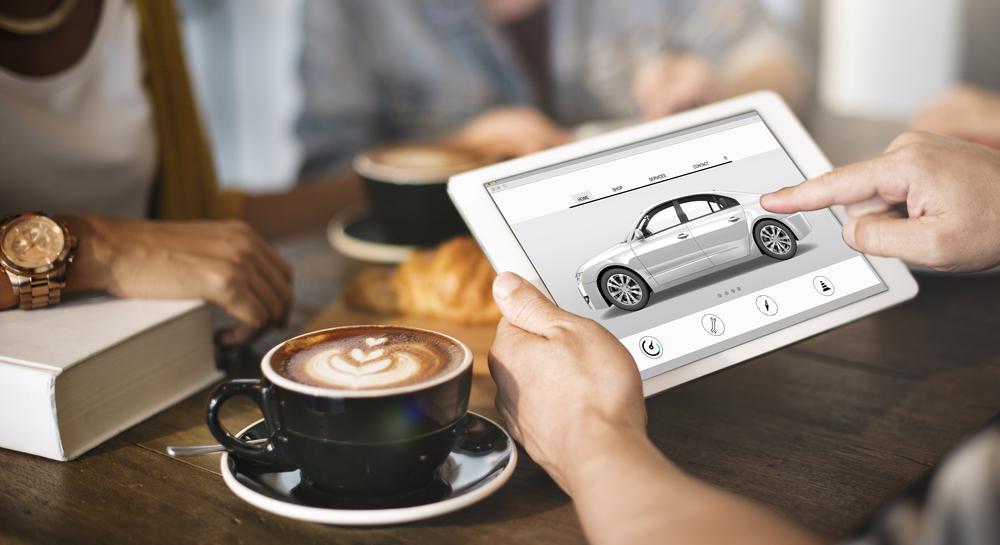
So, you’ve decided you want to buy a new car but you aren’t a fan of the car-shopping process? As online shopping becomes more reliable and accessible, it is no surprise that you might be considering purchasing your car online.
The perks of buying online are easy to see – you don’t have to deal with intrusive or shady dealers who are only looking out for themselves, you can quickly evaluate your options and search for the best pricing, and better yet, you don’t even have to leave your couch. However, buying a car is a complicated process that can be muddied when you’re removed from the physical shopping setting.
To protect yourself from getting scammed and make sure your online car purchase is an overall success, there are a few things you should consider:
What Are Your Must-Haves?
The first thing you should do is pinpoint your needs, or else you’ll find yourself in the endless pit that is the internet. Here are some key decisions to make before starting your search:
- Your budget
- Automatic vs. manual
- Body style and color
- Mileage efficiency requirements
- New vs. used
You should also figure out whether you’re going to lease or finance your vehicle. Once you have these details ironed out, you can begin searching for your car online.
Where to Buy Your Car
Now, we don’t mean this is in the physical sense but you do need to decide where to buy a car, even when shopping online.
This could be through a dealership or an independent car owner listing their vehicle in the classifieds or a specialized site. Wherever you choose to shop, be sure it is a reliable source. This can be much more difficult to determine when dealing with an individual as opposed to a registered website.
With an increase in scam artists targeting online shoppers, you need to take every precaution. Be sure you do not send money or any personal information until you have met with the seller and seen the car in-person. You can’t always trust pictures posted online so thoroughly inspect the car.
Local vs. National Sellers
With such a big purchase, you want to make sure you have easy access to the seller should any issues arise. To our previous point, this will also make it easier to meet with them to view and test drive the car.
While you might have done extensive research, vetting both the buyer and your vehicle of choice, your delivery may still fall short of your expectations. If that does happen, you want to make sure it is going to be as simple as possible to correct the situation.
This could be an issue if you’re a collector looking for a classic car, but otherwise, it shouldn’t limit you in any significant way. In fact, you’d be surprised how many dealers are in your surrounding area if you’re willing to just drive a few minutes.
Vehicle History
If you’re buying a used car, you need to get a report of the vehicle’s history. This should provide important details that help you determine the condition of the car including:
- Accidents and any damage suffered
- Maintenance history
- Notice of any open safety recalls
- Warranty information
- Registration history
For instance, a seller may be reluctant to inform you that the car is a salvage title but you can avoid any surprises with a full report.
How It Will Affect Your Insurance Policy
Many shoppers tend to overlook the fact that buying a car, new or used, can affect their insurance premium. In many cases, insurance providers want to hike up the price.
Reach out to your provider before purchasing your car to find out what it will do to your insurance costs. They should be able to give you an estimate. If it’s higher than what you’re paying now, do a quick search and get a few estimates. You’d be surprised how much you can save by shopping around.
You should have fun with the car-buying process but don’t get overexcited and skip over these important considerations. It could make a huge difference in the quality, cost, and reliability of your new car. Thoughtful planning and thorough research are critical to the best online car-shopping experience.

